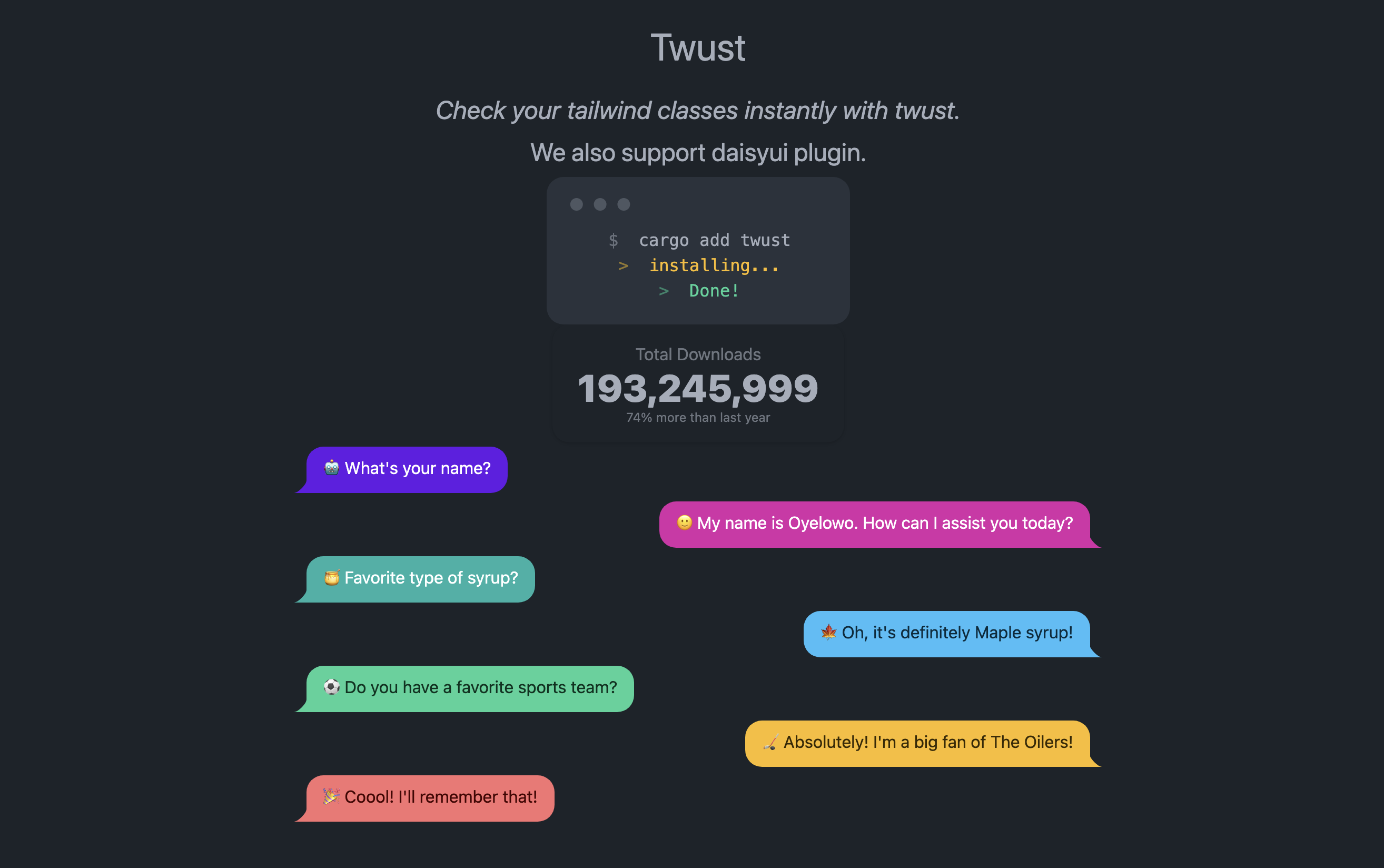😎 tauri-awesome-rpc
This is a crate provides a custom invoke system for Tauri using a localhost JSON RPC WebSocket. Each message is delivered through Websocket using JSON RPC 2.0 specification.
With the advantage of using websocket, tauri-awesome-rpc also provides an event API. With AwesomeEmit you can emit event from the Rust backend and AwesomeEvent to listen to the event on the frontend.
Usage 🔧
First, add the dependency to your src-tauri/Cargo.toml file:
[dependencies]
tauri-awesome-rpc = { git = "https://github.com/ahkohd/tauri-awesome-rpc", branch = "dev" }
Then, setup the Websocket JSON RPC invoke system on the main.rs file:
use tauri::{Manager, Window, Wry};
use tauri_awesome_rpc::{AwesomeEmit, AwesomeRpc};
use serde_json::json;
fn main() {
let awesome_rpc = AwesomeRpc::new(vec!["tauri://localhost", "http://localhost:*"]);
tauri::Builder::default()
.invoke_system(awesome_rpc.initialization_script(), AwesomeRpc::responder())
.setup(move |app| {
awesome_rpc.start(app.handle());
Ok(())
})
.invoke_handler(tauri::generate_handler![my_command, report_time_elapsed])
.run(tauri::generate_context!())
.expect("error while running tauri application")
}
#[tauri::command]
fn my_command(args: u64) -> Result<String, ()> {
println!("executed command with args {:?}", args);
Ok("executed".into())
}
#[tauri::command]
fn report_time_elapsed(window: Window<Wry>) {
tauri::async_runtime::spawn(async move {
let mut interval = tokio::time::interval(tokio::time::Duration::from_millis(250));
let start_time = std::time::Instant::now();
loop {
interval.tick().await;
// emit an awesome event to the main window
window
.state::<AwesomeEmit>()
.emit("main", "time_elapsed", json!(start_time.elapsed()));
}
});
}Then, on the frontend:
- Use your Tauri
invokemethod as usual. - Use
window.AwesomeEventto listen to the events emitted usingAwesomeEmitfrom the Rust backend.
<html>
<body>
<div>
<h1>tauri-awesome-rpc</h1>
<h5>invoke test</h5>
<div id="response"></div>
<h5>AwesomeEvent.listen test</h5>
<div id="time_elapsed"></div>
</div>
<script>
const response = document.getElementById("response");
const timeElapsed = document.getElementById("time_elapsed");
window.__TAURI__
.invoke("my_command", { args: 5 })
.then((data) => {
response.innerText = data;
})
.catch((error) => {
console.log(error, "error");
response.innerText = error;
});
window.__TAURI__.invoke("report_time_elapsed");
let _unsubscribe = window.AwesomeEvent.listen("time_elapsed", (data) => {
timeElapsed.innerText = JSON.stringify(data);
});
</script>
</body>
</html>TypeScript 🔥
Add the following type definition to your project's global.d.ts file:
interface Window {
AwesomeEvent: {
listen(eventName: string, callback: (data) => void): () => void;
};
}


